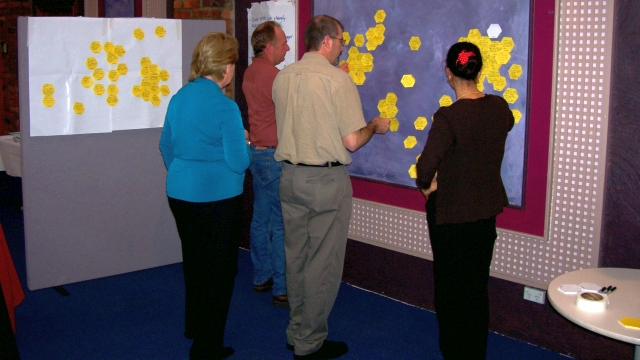
Case Study: A knowledge strategy process for natural resource management organisations
As a key investor in natural resource management (NRM) research, former Rural Research and Development Corporation (RDC) Land & Water Australia (LWA) had a fundamental interest in ensuring that the outcomes of its investments informed on-ground NRM activities, and that in turn the experiences of on-ground NRM practitioners informed research investment priorities.
In 2006, Andrew Campbell, then Executive Director of LWA, published The Australian Natural Resource Management Knowledge System1. This analysis concluded that “while there are many inspiring and innovative things happening in natural resource management – in science and on the ground…the NRM knowledge scene remains highly fragmented, with its many parts rarely in symphony.” The paper identified areas of focus for improving the NRM knowledge system as a whole.
In conjunction with the preparation of The Australian Natural Resource Management Knowledge System, Andrew Campbell was also instrumental in establishing the LWA Knowledge for Regional NRM Program. This was done because meeting the knowledge needs of Australia’s 56 regional NRM bodies and Catchment Management Authorities (CMAs) was identified as one of the biggest challenges faced in improving the NRM knowledge system.
In Phase 1 of the Knowledge for Regional NRM Program, which concluded in June 2006, Land & Water Australia worked with regional NRM bodies / CMAs, national information providers, NRM facilitators, and NRM knowledge brokers to identify barriers to effective information and knowledge management. The report Improving the NRM knowledge system for regions2 presents the findings of these investigations and outlines three comprehensive packages of products and services to address the findings.
Phase 2 of the Knowledge for Regional NRM Program was carried out between July 2006 and June 2008 under the leadership of Nerida Hart. LWA assembled a team for Phase 2 comprising both KM and NRM expertise, in recognition of the benefits of bringing KM expertise into the NRM sector.
In Phase 2, the services presented in the report Improving the NRM knowledge system for regions were further developed and then implemented. The achievements of this phase are presented in the report Knowledge for Regional Natural Resource Management – Achievements and options3.
Knowledge strategy process and wiki
One of the three packages was titled “Better practice in knowledge management”, of which I was Team Leader. This package consisted of:
- A Regional Knowledge Strategy process developed collaboratively with specialist knowledge management consultants Anecdote and five pilot regional NRM bodies / CMAs
- The development of the Regional Knowledge Resource Kit (RKRK), a wiki website documenting the Regional Knowledge Strategy process and providing a comprehensive range of information and knowledge management resources useful to the NRM sector
- Training in the facilitation of the Regional Knowledge Strategy process and the use of the Regional Knowledge Resource Kit (RKRK).
The five stages of the Regional Knowledge Strategy process are shown in the Figure 1 below.
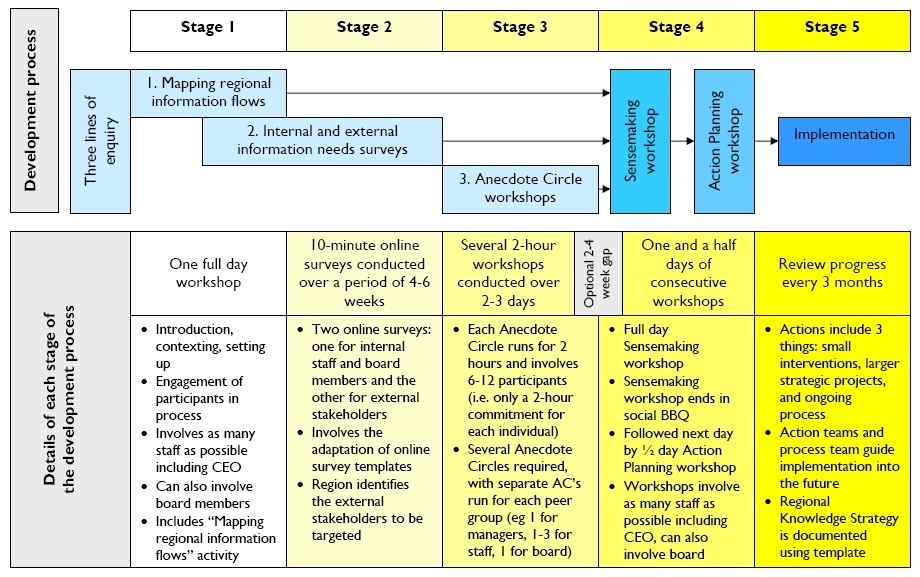
Three lines of enquiry are followed in the first three stages of the Regional Knowledge Strategy process:
- Mapping regional information flows to gain a shared understanding of the information environment in which the organisation operates. This stage consists of a workshop involving as many of the regional NRM body / CMA managers and staff as possible. Workshop participants use a checklist of information assets to draw an information map and identify problems and areas for improvement (and this process could now potentially be improved through the use of knowledge flows notation). Figure 2 below shows the basic regional information flows map structure, and Figure 3 shows workshop participants interacting with an information flows map prepared by one of the regional NRM bodies.
- Internal and external information needs surveys to explore the information and knowledge needs of organisation staff (internal survey) and external stakeholders (external survey). The surveys are conducted online using Survey Monkey and templates.
- Anecdote circle workshops to explore people’s experiences in working with information and knowledge, in order to gain an understanding of the knowledge they use, the barriers they face, and what the culture is like in the region. Several Anecdote circle workshops are held so that all managers and staff have the opportunity to participate.
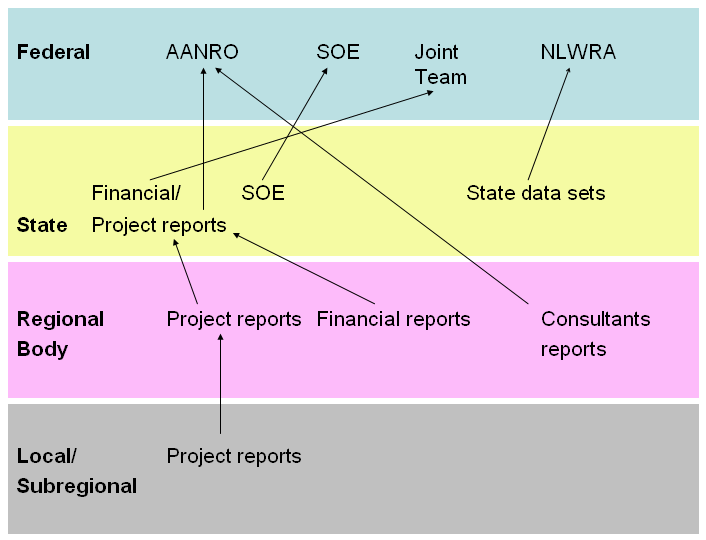
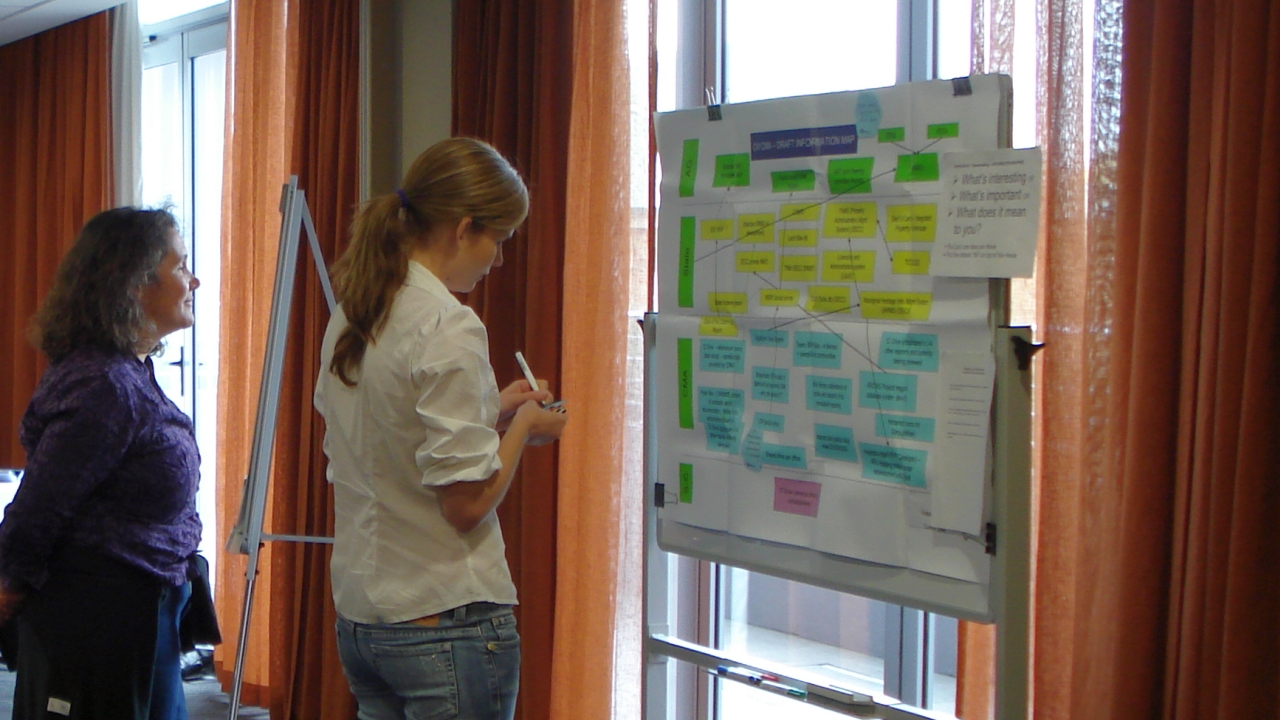
The fourth stage involves sensemaking and action planning, where as many of the regional NRM body / CMA staff as possible participate in workshops where they use the results of the three lines of enquiry to understand what’s going on in relation to information and knowledge and then identify achievable actions to take forward. Figure 3 and the header image for this article show aspects of the sensemaking workshop.
The fifth stage is implementation, involving regularly reviewing progress and deciding new action items.
The training in the facilitation of the Regional Knowledge Strategy process and the use of the Regional Knowledge Resource Kit (RKRK) was titled the Knowledge Leaders training program. Representatives from 40 of Australia’s 56 regional NRM bodies / CMAs were trained as Knowledge Leaders, as well as a number of representatives from Australia’s Rural R&D Corporations and other similar NRM and R&D organisations that work with regional NRM bodies / CMAs. Two further workshops also trained a range of people who work with regional NRM bodies / CMAs at a State/Territory level, including Australian Government NRM Facilitators, State agency officers, and State regional NRM / CMA support organisations.
Outcomes
The Regional Knowledge Strategy process and Regional Knowledge Resource Kit (RKRK) were well received, with examples of positive feedback reported in Knowledge for Regional Natural Resource Management – Achievements and options. Following the completion of Phase 2 of the Knowledge for Regional NRM Program, some further Knowledge Leaders training was conducted and additional Regional Knowledge Strategies were facilitated, with the assistance of the Australian River Restoration Centre. However, with no ongoing resourcing identified, it has not been possible to continue this work, meaning that there is no longer a nationally coordinated focus on knowledge management in the NRM sector in Australia.
See also:
Header image: NRM North Sensemaking Workshop by Bruce Boyes is licenced for reuse under CC BY-NC 4.0.
References:
- Campbell, A. (2006). The Australian Natural Resource Management Knowledge System. Canberra: Land & Water Australia. ↩
- Knowledge for Regional NRM Team. (2006). Improving the NRM Knowledge System for Regions. Canberra: Land & Water Australia. ↩
- Knowledge for Regional NRM Team. (2009). Knowledge for Regional Natural Resource Management – Achievements and options. Canberra: Land & Water Australia. ↩
Also published on Medium.

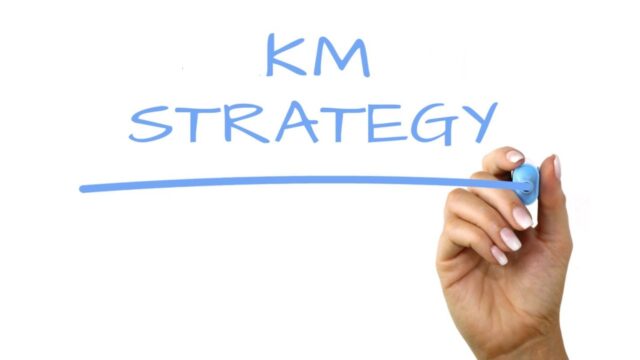
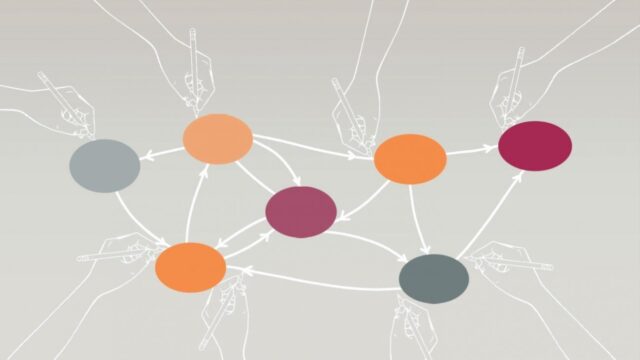
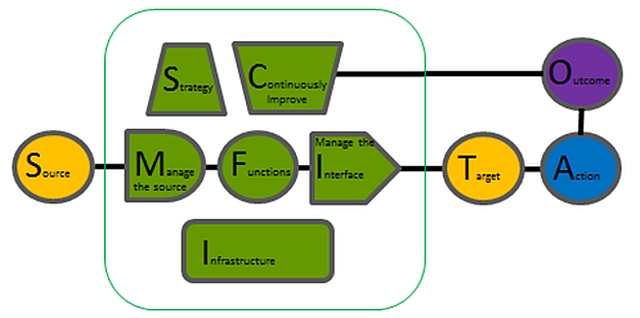
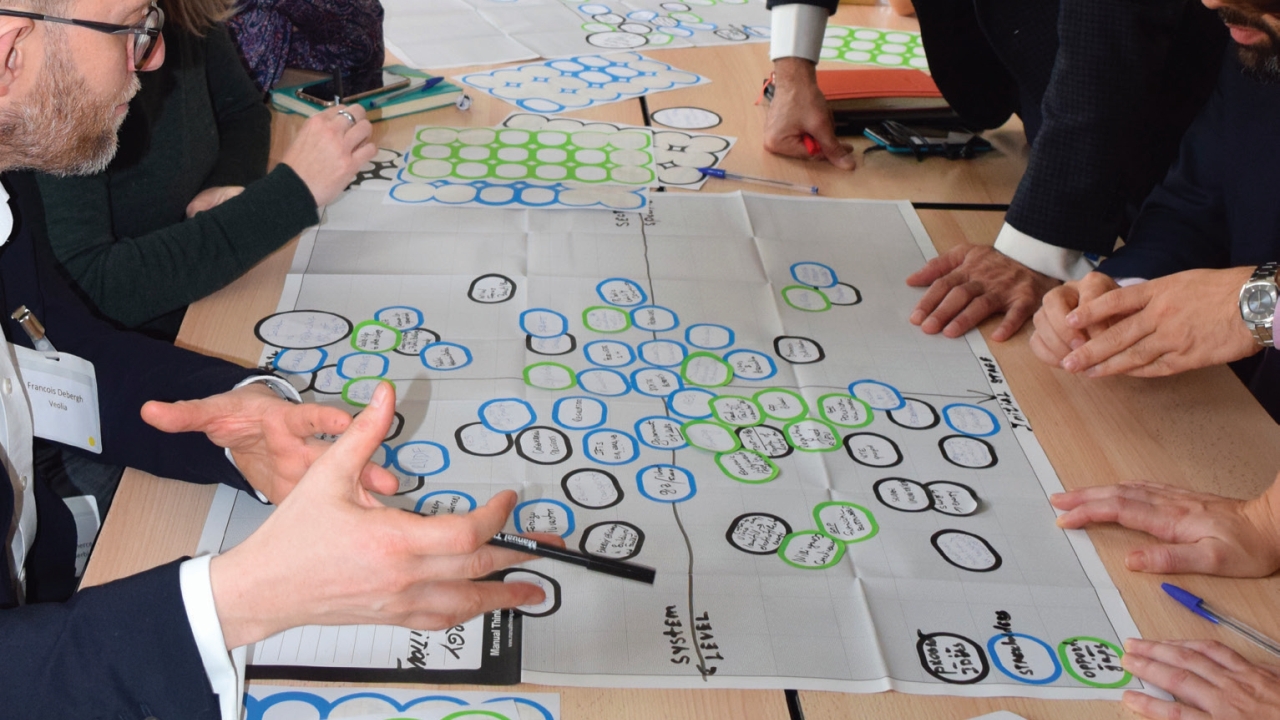


Bruce, in the NRM situation where the work is being done at an interface with landholders, it would seem that the K M process still lacks a step To measure how the knowledge is transferred to and from the land manager. In KM for NRM, that is where the rubber hits the road.
Many thanks Don for your comment.
Knowledge flows between an NRM organisation and land managers are explored in the knowledge strategy process. These knowledge flows are considered by the NRM organisation in the first (information mapping) step, and then land managers are invited to complete surveys in the second step. These knowledge flows are also considered by the NRM organisation in the third (anecdote circle) step, or better still, the organisation can include anecdote circles for groups of land managers.
Collaborative learning and collaborative governance can also be used to enhance knowledge flows between an NRM organisation and land managers, as discussed in the article at http://realkm.com/2015/10/29/case-study-knowledge-transfer-sharing-collaborative-learning-governance/
Hi Bruce,
I am doctoral student researching on knowledge network analysis and knowledge sharing among project teams. Please, how else can I get a particular knowledge area to use for knowledge network analysis apart from Knowledge strategy process. Please can you email me the questionnaire for the development of the knowledge strategy process.